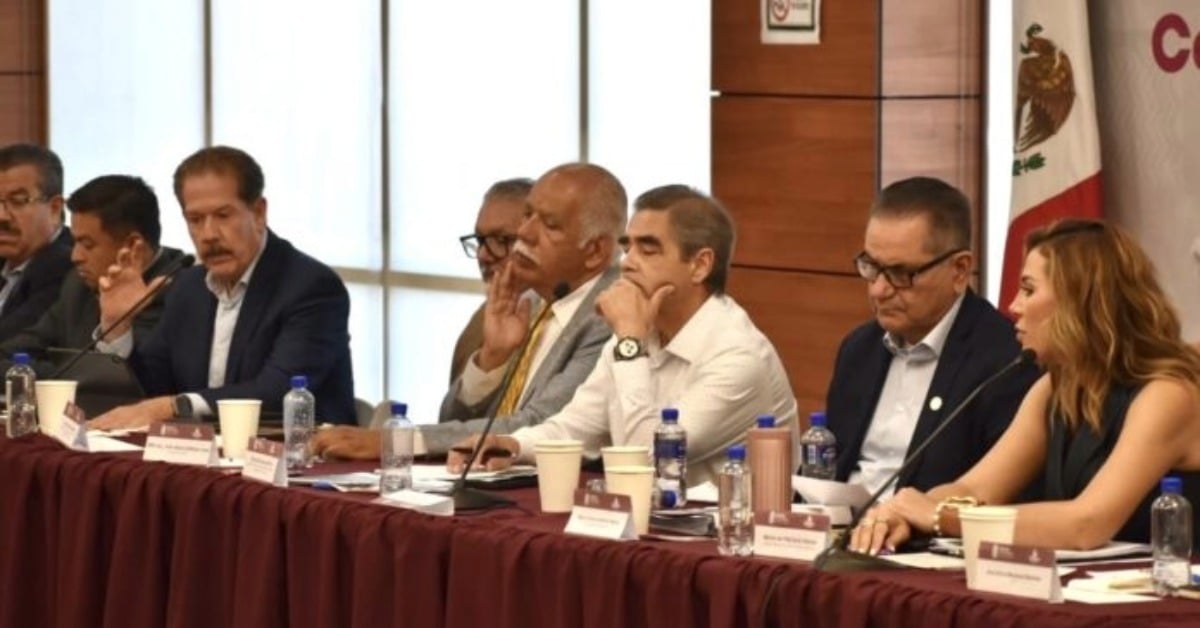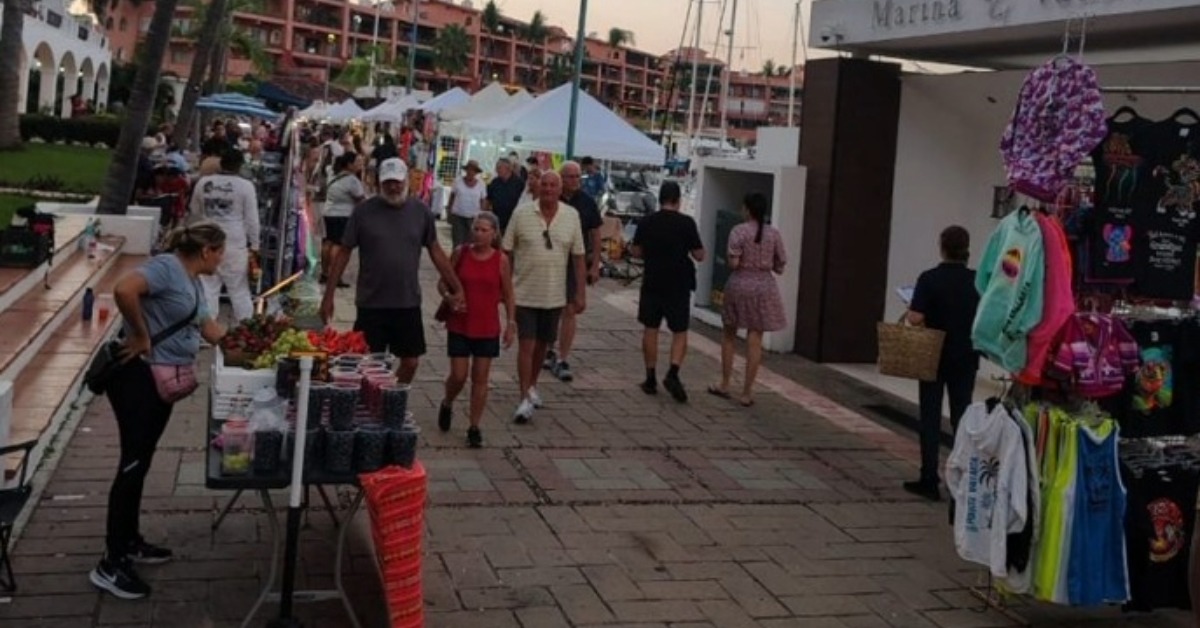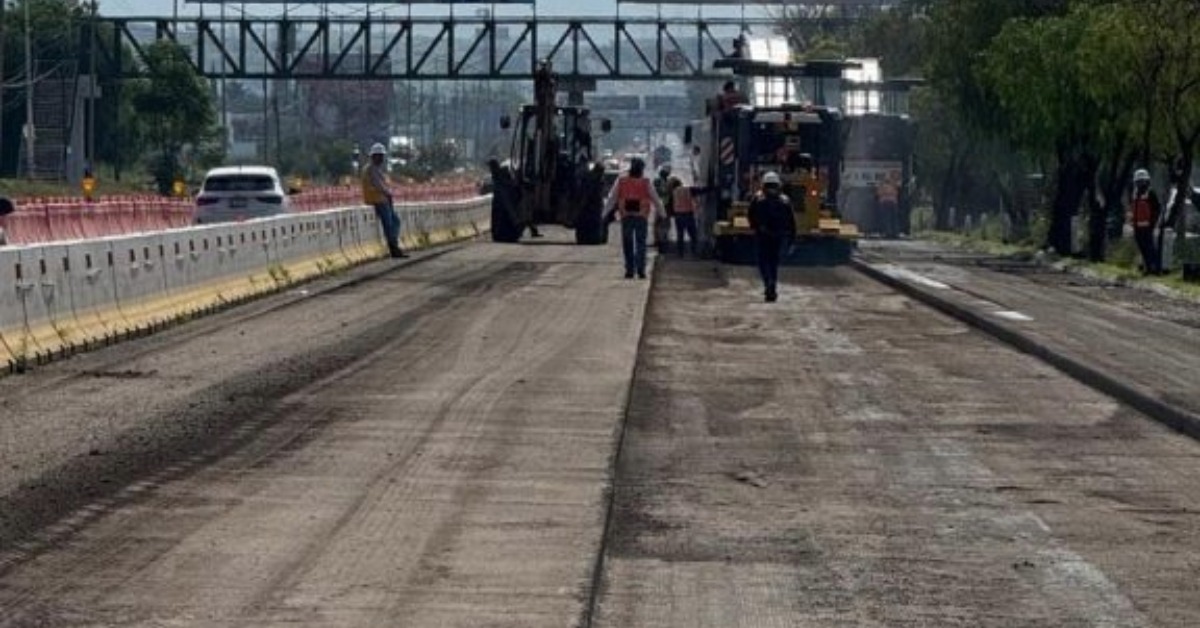Rosarito, Baja California - Business leaders warned that tourism in Rosarito drops 20% due to extortion by state and federal police, a trend that is eroding the city’s appeal and putting pressure on hotels, small businesses, and the broader regional economy. The claim was made August 3, 2025, during a meeting between private-sector representatives and Governor Marina del Pilar Ávila Olmeda, when Roberto Lyle Fritch, president of the Tijuana Business Coordinating Council (CCE) and head of the State Technical Council of CCEs, framed the decline as a direct consequence of abuse by law enforcement . . .






